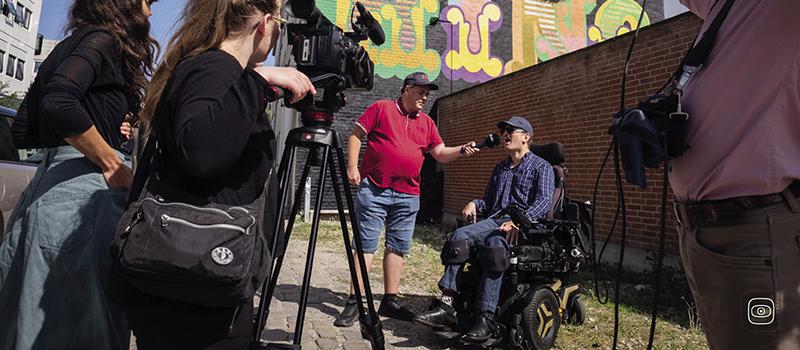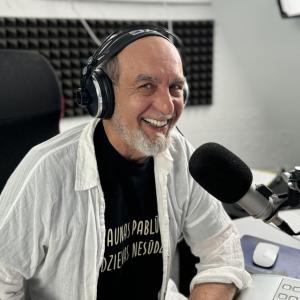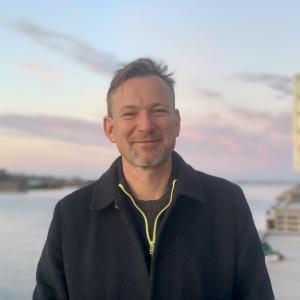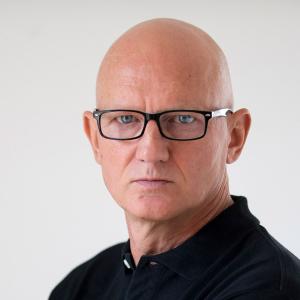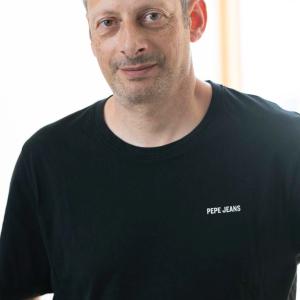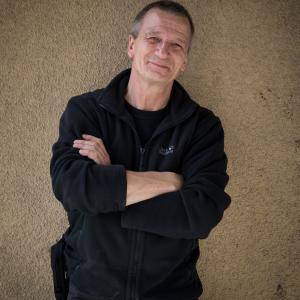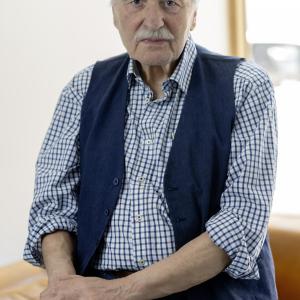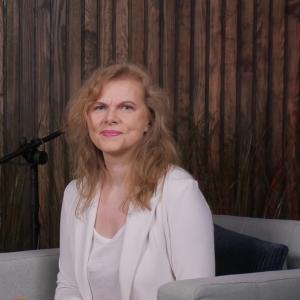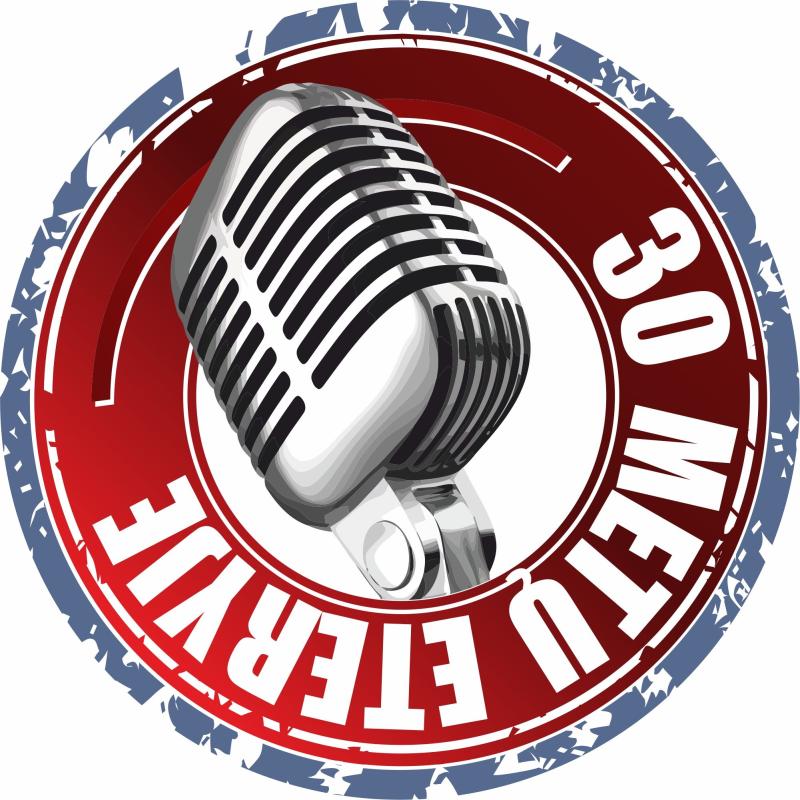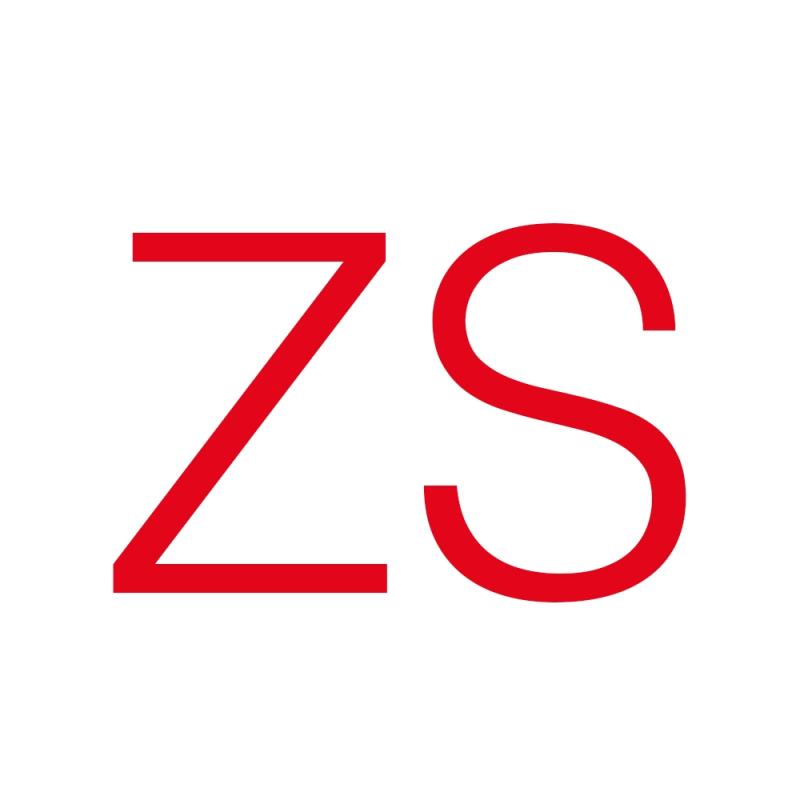In Lithuania, only 29% of working-age people with disabilities are employed—a figure significantly lower than the EU average of 51%—with statistics being even more concerning for individuals with mental disabilities. This substantial gap between policy and practice represents a missed opportunity for both individuals with disabilities and society at large. The project’s working hypothesis is that the success of inclusion depends not only on policy but also on cultural change, committed leadership, and long-term structural investment. Many inclusion initiatives in Lithuania remain pilot-based or symbolic, lacking continuity—likely due to historical legacies, limited representation in mainstream media, and low societal expectations.
The stories will highlight both successful and contrasting examples of inclusion. In Denmark, the project investigates TV Glad, the world’s first television station run by and for people with cognitive disabilities. It examines how their high-profile interviews with national figures such as Prime Minister Mette Frederiksen and actor Nikolaj Coster-Waldau have garnered professional respect and potentially influenced public perceptions. In Germany, the focus is on the Eins Mehr hotel, where people with disabilities make up a significant part of the workforce—demonstrating the viability of inclusion within the service sector.
By contrast, in Lithuania, the project explores challenges faced in Alytus, where attempts to create workplaces for people with mental disabilities—such as an inclusive bakery—have failed due to economic inefficiency and a lack of municipal investment. Furthermore, although the vocational school in Alytus offers programmes for individuals with mental disabilities, its graduates often struggle to find employment. By contrasting these approaches, the project aims to identify the conditions necessary to transform inclusive rhetoric into lived reality and to showcase tangible, functioning examples of inclusion. This solutions-oriented journalism seeks to fill a crucial gap by offering underreported perspectives and fostering cross-border dialogue.
The methodology involves extensive field research in Denmark, Germany, and Lithuania, utilising traditional journalistic tools such as in-depth interviews, participant observation, and comparative analysis. In Denmark, the team spends several days at the TV Glad newsroom, observing editorial processes, interviewing both disabled and non-disabled staff, and analysing the public reception of their celebrity interviews. In Germany, a collaborative team from both media outlets stays at the Eins Mehr hotels, immersing themselves in the inclusive environment and conducting interviews with staff (both with and without disabilities) and guests to assess the effectiveness and potential limitations of the model.
Image by Bernd Hauser
